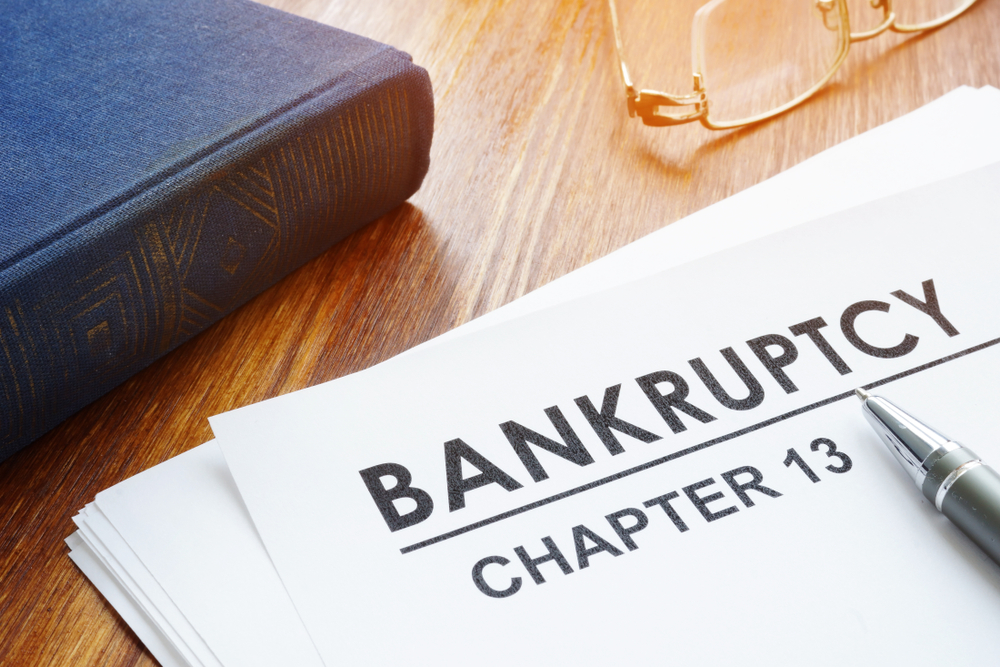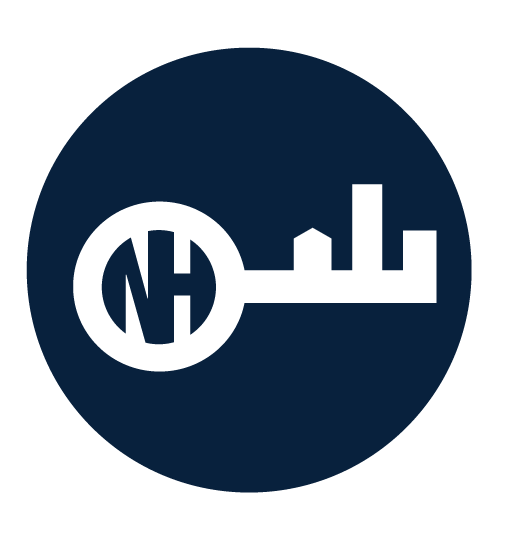With many Americans continuing to suffer financially from the pandemic, homeowner and condominium associations face the potential of their members facing bankruptcy as a financial lifeline. Can HOA dues be discharged in bankruptcy? Understanding the basics about what homeowner bankruptcies mean to community associations is critical for every board of directors. Bankruptcy and HOA fees are intertwined issues that require careful consideration. Understanding the basics of the automatic stay, splitting the owner’s account, and the different chapters of personal bankruptcies will help the board ensure it protects the association’s interests and does not act in violation of the bankruptcy stay. What assets do you lose in Chapter 7 bankruptcy? Understanding these aspects is crucial not only for the association’s financial stability and legal compliance but also for avoiding unnecessary litigation in your association.
With many Americans continuing to suffer financially from the pandemic, homeowner and condominium associations face the potential of their members facing bankruptcy as a financial lifeline. Can HOA dues be discharged in bankruptcy? What assets do you lose in chapter 7 as a homeowner? Knowing the basics about what homeowner bankruptcies mean to community associations is critical for every board of directors. Understanding the basics of the automatic stay, splitting the owner’s account, and the different chapters of personal bankruptcies will help the board ensure it protects the association’s interests and does not act in violation of the bankruptcy stay.
THE AUTOMATIC BANKRUPTCY STAY
The moment an owner in your community files bankruptcy, the automatic bankruptcy stay goes into effect to protect the owner from creditors. For the owner, the bankruptcy stay provides a respite from the creditors trying to collect on the debts owed. For the creditors, including the association, the bankruptcy stay requires that all collection activity must stop. Under the federal Bankruptcy Code at 11 U.S.C. § 362, the automatic bankruptcy stay provides broad and extensive definitions and examples of collection activity that must cease when owners file bankruptcy and avail themselves of the automatic bankruptcy stay protections.
THE TWO MOST COMMON TYPES OF INDIVIDUAL BANKRUPTCY CASES
The two main types of bankruptcy cases an individual will file are Chapter 7 cases and Chapter 13 cases. A Chapter 7 case is often referred to as a “liquidation bankruptcy,” whereas a Chapter 13 case is known as a “reorganization bankruptcy.” While the automatic bankruptcy stay goes into effect regardless of what chapter bankruptcy is filed, the two types of bankruptcy cases impact the association differently.
CHAPTER 7 BANKRUPTCY: WHAT ASSETS DO YOU LOSE IN CHAPTER 7
Chapter 7 bankruptcy is often the most straightforward and beneficial type of case for an owner in search of a fresh start. To be eligible for a Chapter 7 case, the owner must pass a means test. The means test is designed to limit Chapter 7 bankruptcies to individuals who cannot pay their debts, and it is based upon factors such as the state’s median income figures as well as the owner’s monthly income and expenses. If the Bankruptcy Trustee determines that any of the owner’s personal property (such as a car or jewelry) or real property (such as their house or condominium unit) has equity, the Trustee may sell, or liquidate, the property to pay off some of the debts within the bankruptcy case. Typically, an association will not recover any funds through a Chapter 7 case unless assets are located and liquidated. When no assets are located, a Chapter 7 case can last as little as 4 months.
CHAPTER 13 BANKRUPTCY: WHAT ASSETS ARE AT STAKE IN CHAPTER 13
Chapter 13 bankruptcy revolves around an owner’s plan of reorganization, which addressed the owner’s debts owed and provides a way to repay the debts. Many owners fail to propose a plan that the Bankruptcy Court deems feasible and proper, and the association should object to the plan if its proposed treatment is improper. As a secured creditor of the owner, the association can file a proof of claim for the full pre-petition debt it is owed, and the owner must repay this debt through the bankruptcy during the pendency of the case to receive a discharge. In a schedule set through the bankruptcy plan, the owner pays a certain amount of money into the bankruptcy case on a weekly, bi-weekly, or monthly basis, and the Trustee disburses the funds to the creditors in accordance with each creditor’s proof of claim filed in the case.
CAN HOA DUES BE DISCHARGED IN BANKRUPTCY?
Owners in bankruptcy remain responsible for paying assessments that come due after their bankruptcy is filed, referred to as “post-petition assessments.” However, owners do not pay the post-petition assessments through the bankruptcy plan, rather they must pay the post-petition assessments directly to the association.
Unless the case is dismissed, a Chapter 13 case lasts approximately 60 months.
WHAT TO DO AFTER A BANKRUPTCY CASE ENDS
Once an owner’s bankruptcy case has ended, the association’s next steps will depend on how the case ended. Did the Bankruptcy Court enter a dismissal order or did the Court enter an order to discharge the owner’s bankruptcy? If an owner’s bankruptcy case is dismissed, it means the owner did not successfully complete the bankruptcy case and the association can resume collection activity as though the bankruptcy case was never filed. However, if an owner’s bankruptcy case is discharged, then the owner has successfully completed the bankruptcy case and is thereby discharged of personal liability on the pre-petition debt.
As always on our blog, this post is general information. Your board of directors should contact your condominium association’s attorney for legal advice when an association member files bankruptcy to discuss the specific details and actions required of your association.
CONTACT OUR HOA ATTORNEYS TO GET THE LEGAL COUNSEL YOUR COMMUNITY NEEDS
At NowackHoward, our homeowner association attorneys represent condominium associations and HOAs throughout Georgia. To learn more about our practice or how our HOA attorneys can help guide your community, contact us at (770)-863-8900 or email us at info@nowackhoward.com.


